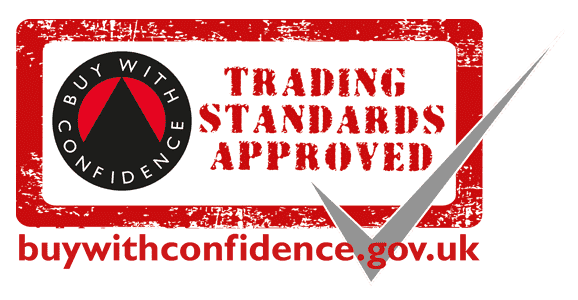The Geopolitical Undercurrent
Geopolitical events, such as conflicts, usually have a large influence on the price of gold. Gold is seen as a safe-haven asset and a store of value during uncertain times. When geopolitical tensions escalate, investors seek refuge in assets like gold, driving up its demand and price. One recent development that has drawn the attention of investors is the Israel-Hamas conflict and its potential impact on gold prices. We’ll look into the relationship between the Israel-Hamas conflict and the price of gold, and analyse the immediate and long-term effects of the conflict on gold bullion.
Short-term Impact on Gold Prices
As the Israel-Hamas conflict continues, we can expect to see immediate effects on the gold market. The uncertainty surrounding the situation prompts investors to move their assets into safe-haven investments, including gold. This increased demand tends to push gold prices higher. The conflict kicked-off on the 7th October:

Moreover, the conflict may disrupt the global supply chain, which can affect financial markets. When markets become volatile and traditional assets like stocks and shares appear to be riskier to invest in, gold shines even brighter as a safe-haven asset.
Long-term Ramifications
The implications of the Israel-Hamas conflict on gold prices go beyond the immediate reactions. Geopolitical tensions have the potential to create long-term shifts in the market. Here’s how:
1) Investor sentiment: a prolonged conflict can make investors more risk-averse, causing them to allocate more of their portfolio to precious metals like gold.
2) Inflation: increased government spending during crises can lead to inflation and currency devaluation. Gold is often seen as a hedge against these economic consequences, making it attractive to investors.
3) Supply chain disruptions: The Middle East is a significant player in the global oil market. A prolonged conflict in the region can disrupt oil supplies, leading to higher energy prices. Rising energy costs can contribute to economic uncertainty and inflation, further bolstering the appeal and demand of gold, and therefore, its price.
The Role of Gold in Diversification
In times of geopolitical uncertainty, diversifying your investment portfolio becomes even more crucial. Gold, as an uncorrelated asset, provides a buffer against the potential turndown in traditional markets. By including gold bullion in your investment mix, you can balance risk and potentially enhance the resilience of your portfolio against external shocks.
Investor Considerations
1) Stay informed: Keep a close watch on the news and developments related to the conflict. Understanding the nuances of the situation can help you to anticipate market movements.
2) Diversify your portfolio: Diversification is a prudent strategy in any market environment. Including gold as a component of your investment portfolio can help mitigate risks.
3) Consult experts: It’s essential to consult with financial advisors and experts who can provide guidance on how to incorporate gold into your investment strategy.
Conclusion
The Israel-Hamas conflict is a stark reminder of how geopolitical tensions can reverberate throughout financial markets, including the gold market. The precious metal’s reputation as a safe-haven asset is reinforced during times of uncertainty, driving demand and, consequently, prices. As the conflict unfolds, investors and individuals should carefully consider their investment strategies, with gold’s unique characteristics and historical resilience in mind.
By staying informed, diversifying portfolios and consulting experts, investors can navigate the shifting sands of geopolitics and potentially benefit from the safe-haven qualities of gold.

















